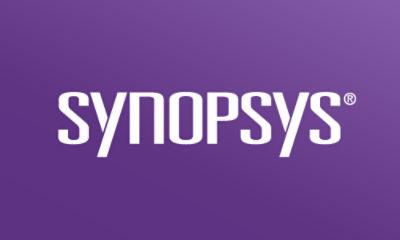SSDF BSIMM mapping updated for BSIMM14
In early March 2024, the U.S. Department of Homeland Security’s Cybersecurity and Infrastructure Security Agency (CISA) released its final Secure Software Development Attestation Form instructions, sparking a renewed urgency around understanding and complying with 31 of the 42 tasks in NIST SP 800-218 Secure Software Development Framework (SSDF) version 1.1.



